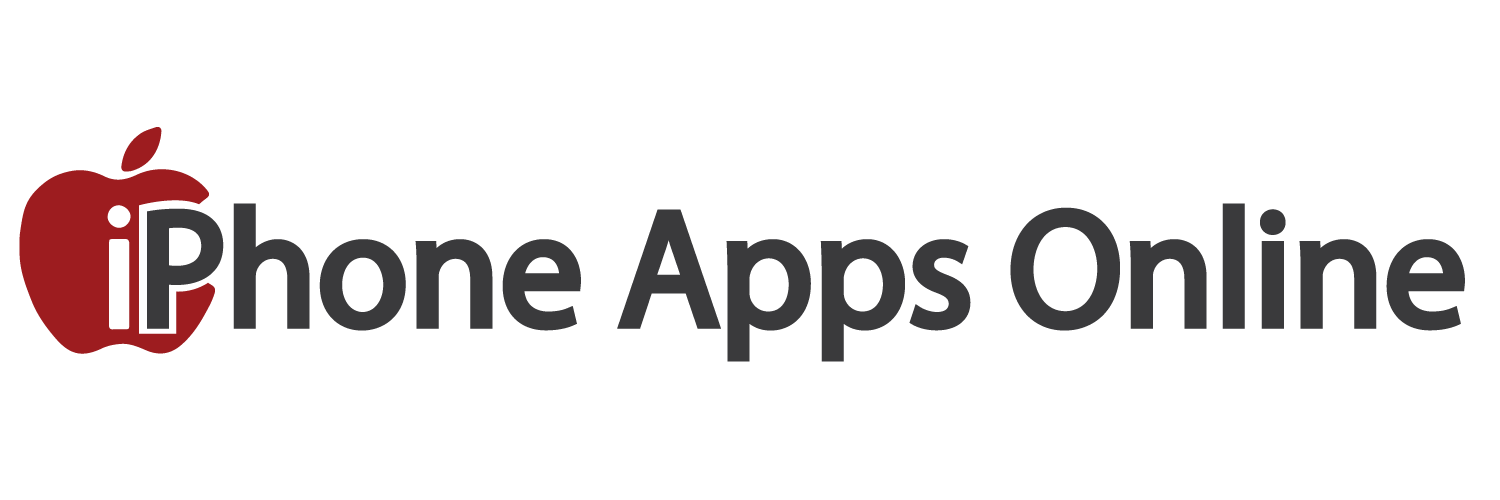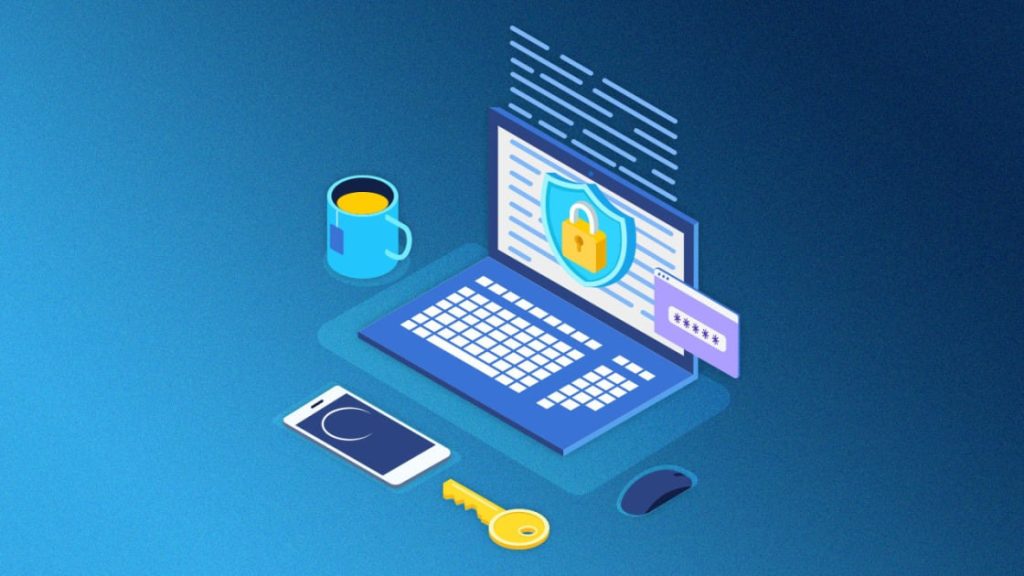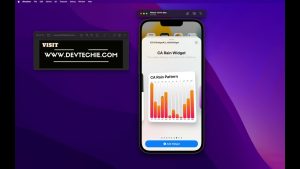If you want to keep your online accounts secure and your privacy protected, you’ll need to follow a few simple tips. These tips include establishing strong passwords, controlling access to your social media accounts, and monitoring your digital footprint.
Create a strong password
Creating a strong password is one of the best ways to protect your online accounts and privacy. However, there are some basic requirements you should keep in mind to ensure you create a secure, unique, and memorable password.
First and foremost, your password should be easy to remember. It should be at least 12 characters long and contain a combination of uppercase letters, lowercase letters, numbers, and special symbols. Using symbols can make your password harder to guess.
Secondly, you should use a password manager to help you remember your passwords. A password manager will generate unique, strong passwords for you. This can be a lot easier than figuring out the correct password for each site.
Lastly, you should avoid reusing your passwords across multiple sites. Using the same password for every account on the internet can put you at risk of a hacker gaining access to your other accounts.
As a general rule of thumb, avoid using your name, birth date, or other personal information in your password. Using this kind of information in your password can be easily found through your social media profile or on your employer’s online profile.
Monitor your digital footprint
If you want to secure your online accounts and protect your privacy, you need to monitor your digital footprint. This can be done by knowing how to detect phishing scams and by adjusting your security settings.
A digital trail is a detailed profile of you that marketers create. It links your activities and IP address. Companies collect and store this information for marketing purposes, such as showing ads that benefit them most.
It is also possible for organizations to sell your personal information. Hackers can use this data to infect your device or to send phishing messages.
Some websites can install cookies without your knowledge. These cookies help to keep track of your login details and browsing history.
Other websites can track your activity and send you spam emails. You can use multi-factor authentication to reduce this exposure.
You can also delete old accounts. It’s easy to log in with Facebook or Google. Logging in with these accounts gives the companies permission to monitor your activity.
Limit access to social media
Limiting access to social media is an important step to protect your online accounts and privacy. In addition to securing your personal information, you should also avoid logging in on public computers. This can leave you open to scams and identity theft.
To prevent these types of problems, you should set up passwords and two-factor authentication on all your accounts. You should also use a Virtual Private Network (VPN) to encrypt all your data. When your mobile device is lost or stolen, it can be very dangerous.
If you’re working for a company that requires you to log into your social media accounts for work purposes, make sure that you’re using a secure password and that you’re logging out of the site before you leave. This way, a thief won’t be able to access your account.
Social media platforms are becoming more and more popular, and they are becoming an important platform for employers to monitor employees. For example, some job applicants and students have complained that their employers request personal information. Whether or not these requests are legal, it’s a privacy concern.






More Stories
What is Best Available Technology?
How to Avoid Mobile Addiction
Internet Brands